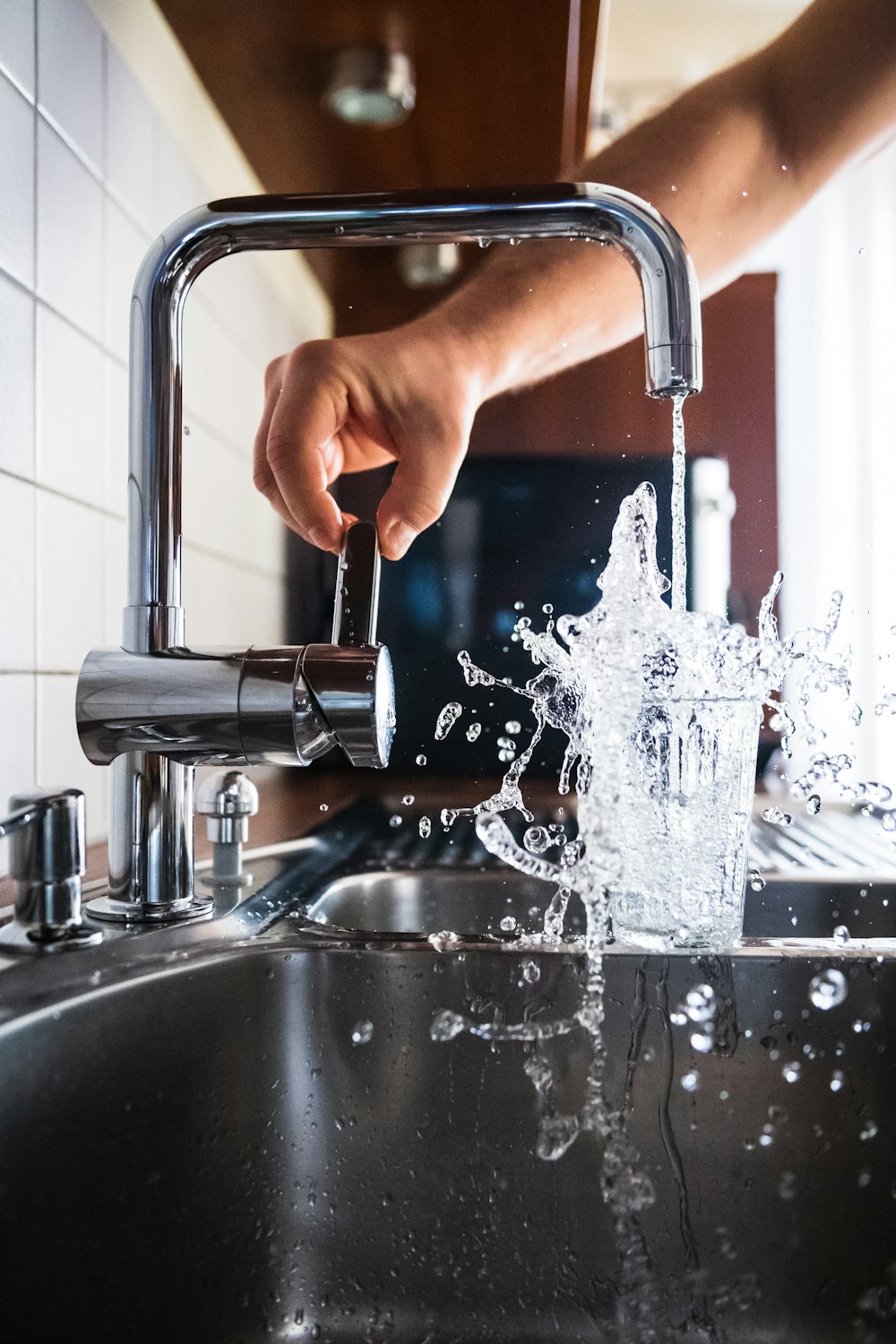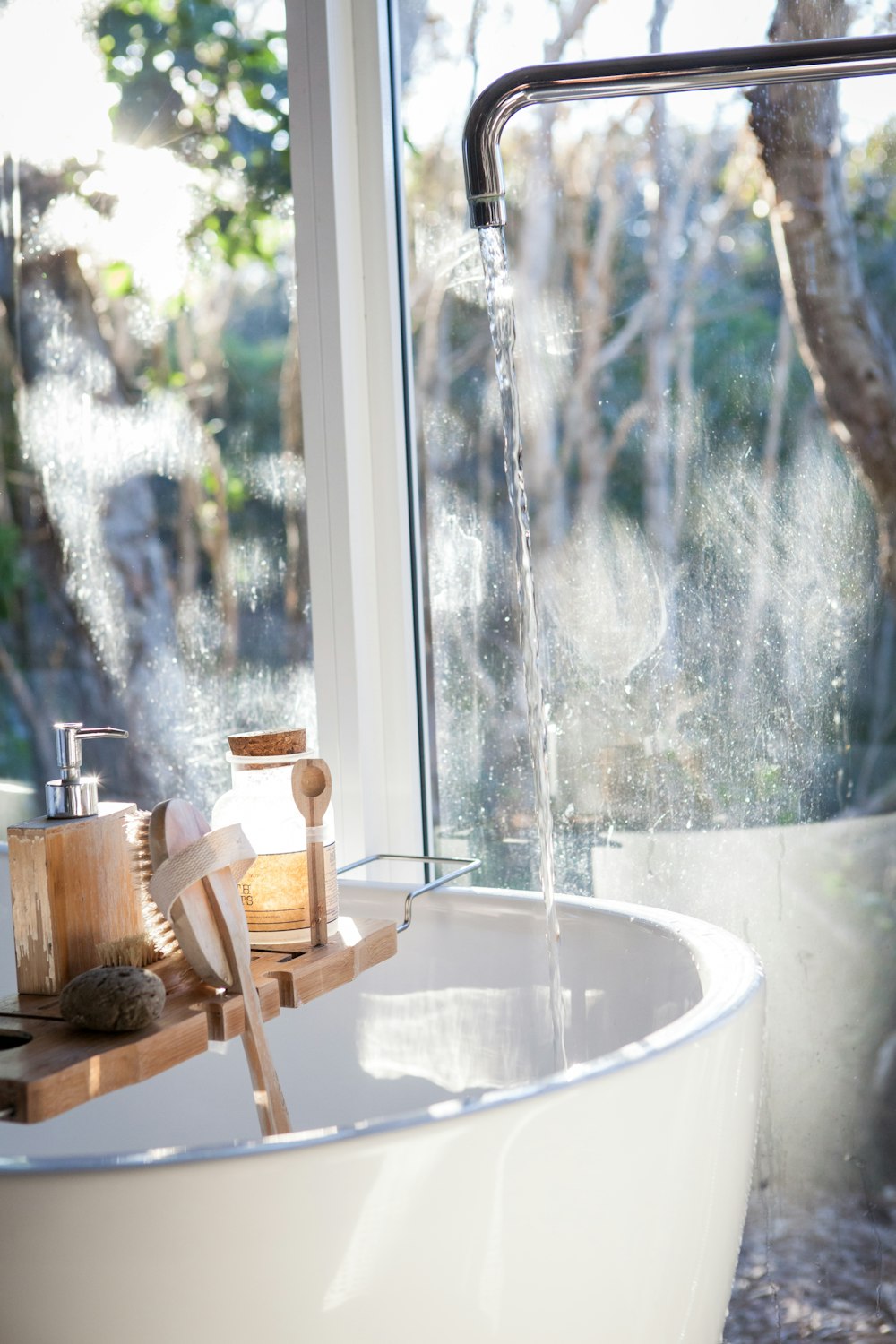Experiencing low water pressure in your home can be a frustrating issue, affecting everything from the efficiency of washing machines and dishwashers to the comfort of showering.
Various factors can lead to low water pressure, and identifying the root cause is the first step toward organizing the appropriate plumbing repair required and resolving the issue.
Here are seven possible reasons why your home might be experiencing low water pressure:
Clogged Pipes
Clogged pipes are one of the most common reasons for low water pressure. Over time, pipes can accumulate mineral deposits, especially in areas with hard water. These deposits can narrow the path through which water flows, significantly reducing water pressure.
In older homes, rust and other debris can also accumulate in pipes, leading to clogs.
Corroded Plumbing
Corrosion is a natural process that affects metal pipes over time, leading to a reduction in water flow and pressure.
This is particularly prevalent in older homes with steel or galvanized plumbing. As the pipes corrode, the interior surface can become uneven or constricted, reducing the water’s flow rate.
Partially Closed or Damaged Water Meter Valve
The water meter valve, usually located near the water meter, controls the flow of water into your home. If this valve is not fully open or if it’s damaged, it can restrict the flow of water, causing low pressure.
This valve is typically your responsibility as the homeowner, so checking its position and condition can be a simple first step.

Faulty Pressure Regulator
Some homes are equipped with a pressure regulator, which maintains water pressure at a safe level. If the regulator fails or malfunctions, it can result in either too high or too low water pressure.
A faulty regulator will often require replacement by a professional plumber.
Municipal Water Supply Issues
Low water pressure can sometimes be due to issues beyond your property, such as maintenance work on the municipal water system or a significant leak in the city’s main water line.
Check if your neighbors are also experiencing low water pressure, as this might be the cause.
Leaks in Your Home’s Plumbing
Leaks in your home’s plumbing can divert water away from where it’s needed, leading to noticeably lower pressure.
Even a small leak can have a significant impact on water pressure. Inspect exposed pipes for signs of leaks, such as wet spots, mold, or water damage, and listen for the sound of running water when all taps are turned off.
High Demand Within the Home
Occasionally, the issue isn’t with the water supply but simply due to high demand. If multiple water-reliant appliances are used simultaneously, or if your home’s plumbing system is outdated and unable to cope with modern demands, water pressure can suffer.
This is particularly common in older homes that haven’t had their plumbing systems updated.
Addressing low water pressure often starts with identifying the root cause. You might be able to carry out some simple checks yourself, however, for more complex issues like leaks, clogs, or corrosion, it is often necessary to consult with a professional plumber.















